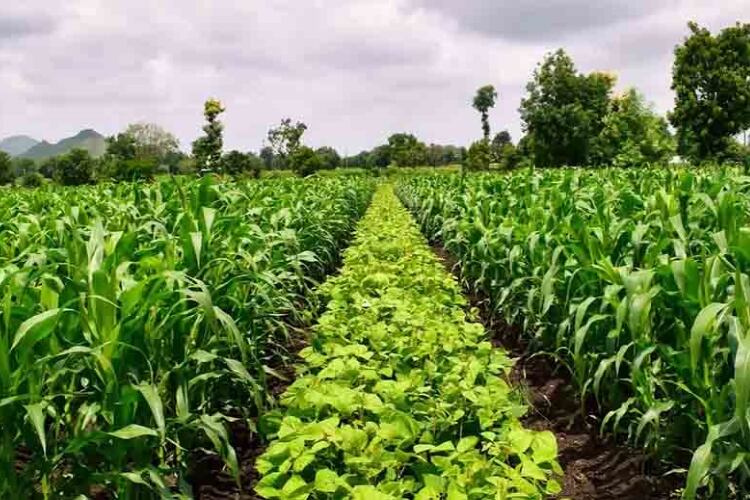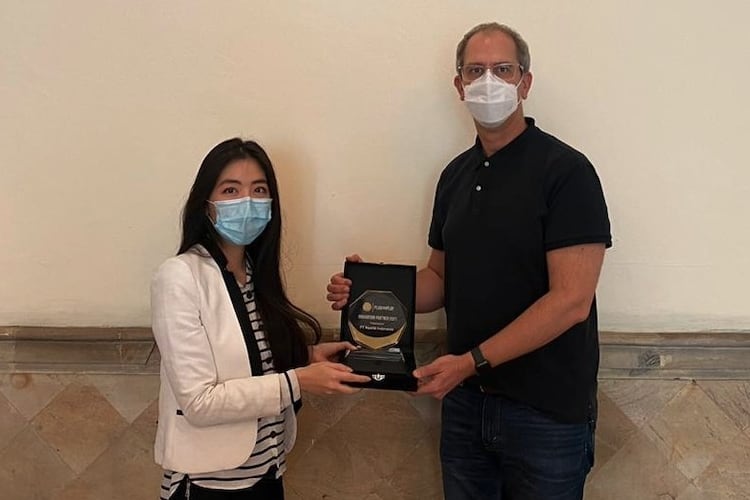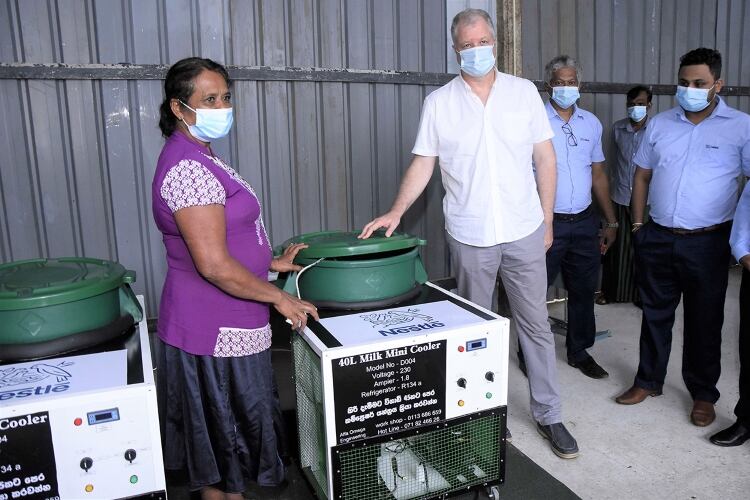Nestlé said nearly two-thirds of its total emissions are linked to agriculture. To tackle this, Nestlé announced it will, with its suppliers, change the way food is produced. Farming practices will transition to regenerative agriculture to benefit nature and improve farmer incomes.
The key ingredients for Nestlé in Europe and MENA are cocoa, coffee and milk. Therefore, Nestlé focuses on healthy soils, net-zero dairy farms, and sustainably-sourced cocoa and coffee.
Marco Settembri, Nestlé CEO for Europe, Middle East and North Africa, said: "Our projects on healthy soils, low emission dairy farms, and sustainably sourced cocoa and coffee show promising outcomes. We are confident that those collaborations with farmers and suppliers can be extended to reach our net-zero climate goal."
Nestlé has already introduced some initiatives to achieve its 2050 net-zero goal.
For example, through programs like Living Soils in France and LENs in the UK, Nestlé is helping farmers use no or fewer pesticides, and to apply techniques such as permanent soil cover, crop rotation, and reduced tillage. Such activities help keep more carbon and water locked up in the ground and create healthier soils.
Nestlé said it will also scale up its actions in the dairy supply chain. The company's goal is net-zero emissions dairy farms. The Nestlé projects Climate-friendly Milk in Switzerland and First Milk in the UK have reduced carbon emissions on over 220 dairy farms. Actions include implementing better farming initiatives, such as keeping cows longer, using more local feed, and working on cows' health.
By 2025, 100% of the cocoa and coffee Nestlé uses will be sustainably sourced. For this, Nestlé is cooperating with farmers to avoid deforestation and rolling out a reforestation plan. In 2020, the company kicked off a public-private partnership to conserve and restore the Cavally Forest, one of the last remaining biodiversity hotspots in Côte d'Ivoire.
Katja Seidenschnur, Nestlé sustainability director for Europe, Middle East and North Africa, said, "We work with farmers, shift our portfolio to more plant-based products and introduce carbon-neutral brands. We also rethink our manufacturing and distribution processes as well as make our packaging more circular. All those actions will help us progress on our journey down to zero. We leverage our global R&D network to deliver on our climate commitments."
By 2025, Nestlé will have all 800 global Nestlé sites using 100% renewable electricity. In 80 factories out of around 130 across Europe, the Middle East, and North Africa, the company relies on 100% renewable electricity.




